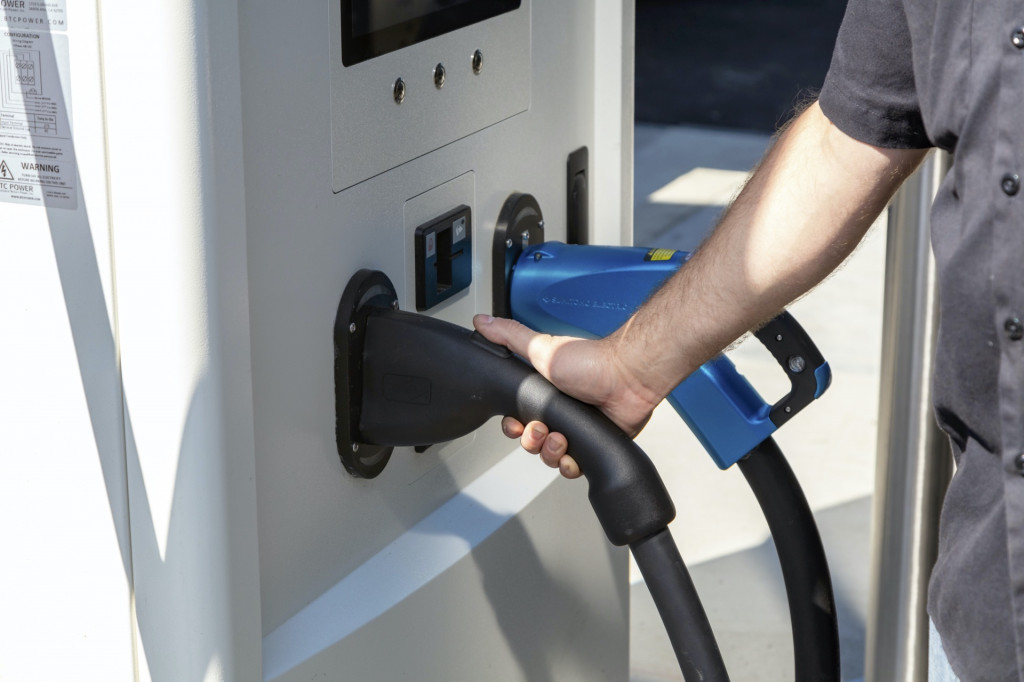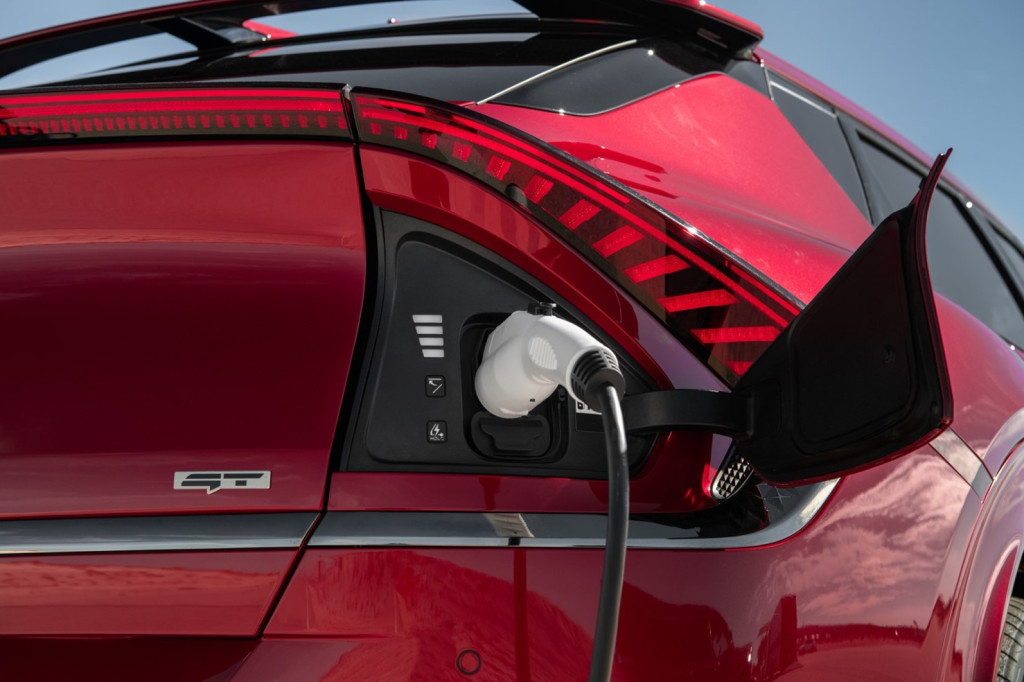Minnesota electrical utility Xcel Energy aims to build a large EV charging network financed by rate hikes, potentially including for customers who don't own an EV.
As reported by KSTP.com, Xcel Energy in August sent a proposal to the Minnesota Public Utilities Commission to build, own, and operate its own network of 730 charging sites by 2026. The project would cost about $170 million, according to the proposal, which also said Xcel need another $27 million from ratepayers between now and 2026 to help fund it.
As with previous utility-based charging infrastructure proposals, this could prove controversial because Xcel would raise electricity rates across the board, whether customers own EVs or not. That would effectively mean some customers will pay higher rates to fund infrastructure they wouldn't use.

Electric Island - Daimler Trucks North America and PGE - Portland OR
The proposal states that "charging stations will be included in rate base, meaning Xcel Energy customers will pay for the construction and maintenance of these facilities."
Xcel also noted in the proposal that the 730-site figure is equal to 1,470 connectors and 194 megawatts of charging capacity, leaving room for a lot of fast chargers. That would be a major upgrade for Minnesota's EV charging infrastructure, but the KSTP.com report notes that the proposal has been met with significant opposition owing to the possibility of rate increases.
One of the largest such utility-based programs to date is one in California adding 38,000 EV chargers over five years, run by Southern California Edison but in this case made possible with state money. Other California projects involving wide deployment of chargers have potentially affected ratepayers, but they haven't been openly attributed as a primary method of funding them.

2023 Kia EV6 GT
It's unclear how many of these deployed chargers would qualify under the federal charging network, which aims for 500,000 EV chargers by 2030, and the funding unlocked by meeting the federal government's requirements.
At the same time there has been a surge in charging network announcements—some of it connected to the infrastructure law. Examples include a network from GM and EVgo, one adding 1,000 chargers at 200 TravelCenters of America, Mercedes' network plan for 2,500 fast-charging ports, and a Volvo-Starbucks network.












